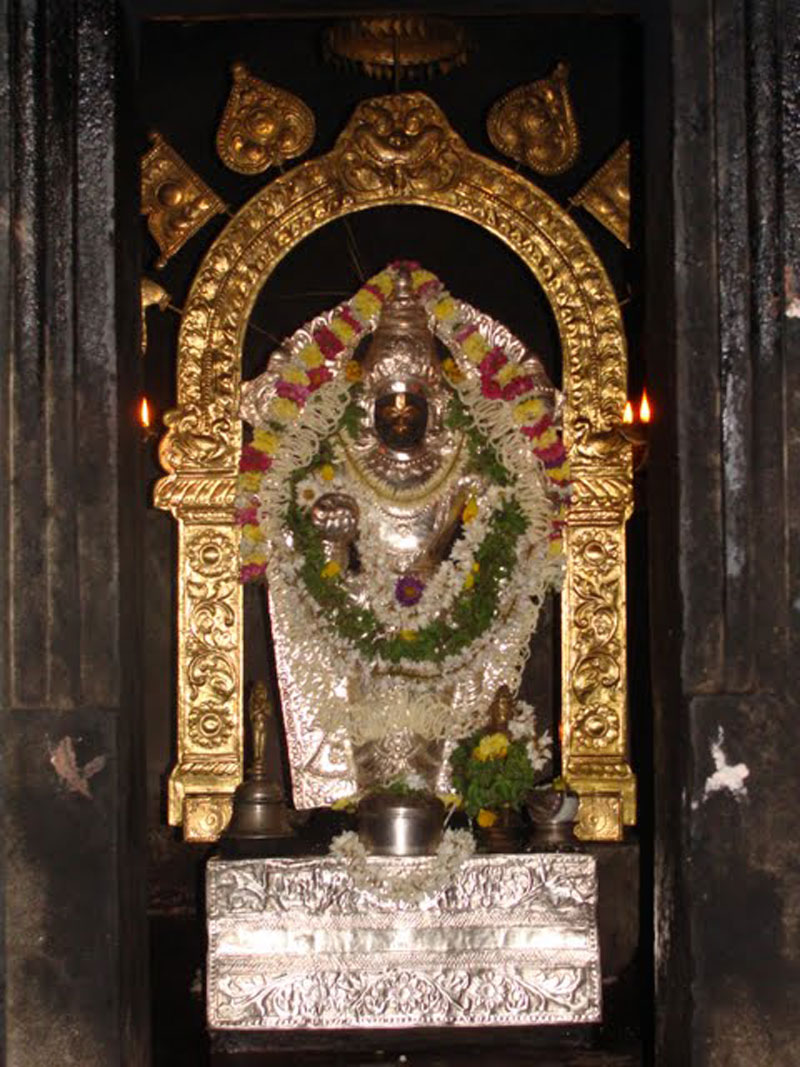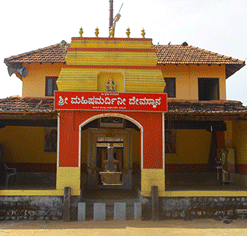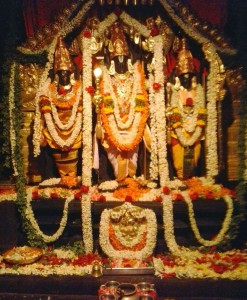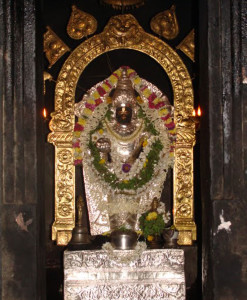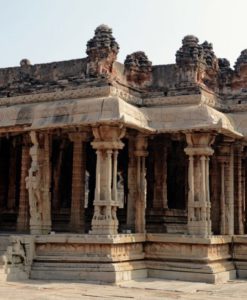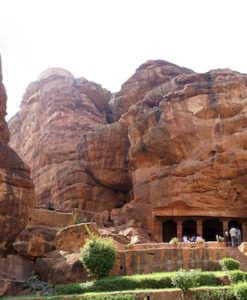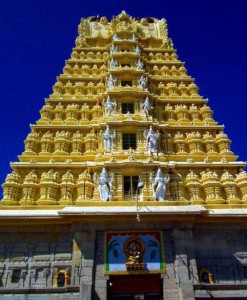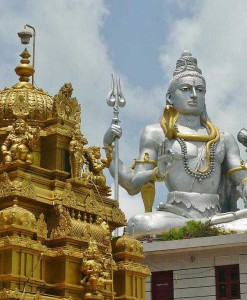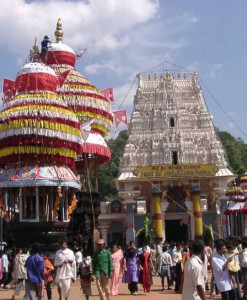No products in the cart.
Seemanthooru is a small village near Mulki, close to the Mangalore – Udupi Highway. The village is close to the Mulki railway station. The name Seemanthooru is an offshoot of “Shrimantara Ooru” which means “land of the rich people!”. Seemanthooru was indeed the land of the rich people.
Seemanthooru has a Janardana temple. It is known as the Sri Adi Janardana Devasthana. It has a very interesting story behind why the temple is called as “Adi” Janardana temple.
Sri Adi Janardana Temple, Shimanthoor, Karnataka
The Seemanthooru Janardana temple was established by Bhagawan Parashurama. It is one of the several temples in the Tulu Nadu region that was established by Parashurama. According to Shastras, temple idols established by Rishis and Aparoksha Gnanis (realized souls) never get “damaged”. A few hundred years ago, the idol of Janardana was damaged. A few villagers got together and made a new idol and established the same, after which the temple and village declined. Upon enquiring with scholars, it emerged that the original idol still has the full Sannidhana and hence the problem. The idol was repaired and placed back. The original idol is now known as “Adi Janardana” and the new idol is also within the same temple. Hence this unique temple has two Janardana idols!
Another unique feature of this temple is that it is one of the very few temples in Tulu Nadu that does not have a Ganapati idol! Seemanthooru Janardana is the “Akhilanda Koti Brahmanda Nayaka” and hence there is no other idol! But several Vishnu temples in Tulu Nadu do have Ganapati idols and hence Seemanthooru is really different.
From Mangalore, reach Mulki using the Udupi highway and then turn right towards Kinnigoli. About 2kms later, you will find a temple arch. Turn left and travel 1km.
Monday-Friday: 9:00 am to 12:00 pm & 4:00 pm to 8:00 pm
Saturday, Sunday & Holidays: 9:00 am to 8:00 pm
Some of the major festivals celebrated annually include Ram Navmi, Janmashtami, Shivratri, Holi, Ganesh Chaturthi and Diwali. Marking the Hindu New Year, Diwali is one of the grandest Hindu festivals, and attracts many visitors and devotees to the mandir.
Annual festival: For 6 days starting Kumbha Masa Saptami (late February – early March)

